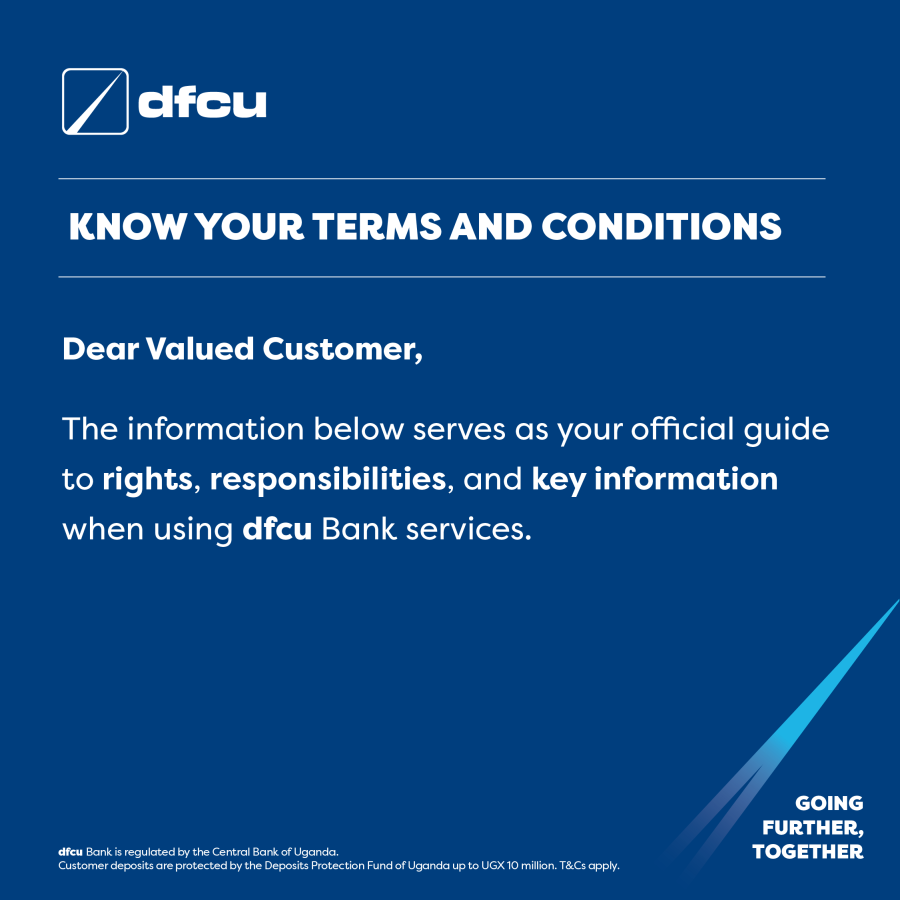Related Articles
- dfcu Foundation and Ministry of ICT & National Guidance Sign Strategic Partnership to Strengthen Digital Skilling and Innovation Across Uganda
- dfcu Bank Champions SME Readiness for Uganda’s Oil and Gas Value Chain.
- AWE 1.0 Tees Off with Impact as dfcu Bank and MTN Uganda Empower Women Entrepreneurs.
dfcu Bank engages Agri-Exporters on scaling up exports
Local and international agricultural exporters in the coffee, tea, cotton & cocoa sectors converged at a breakfast meeting organized by dfcu Bank in Kampala, which intended to find solutions to production, market but mostly financial related issues.
Uganda’s agricultural products constitute 80% of her total exports and while the country is making progress on the exportation of value added and manufactured agri – products; the exporters still face major challenges related to access to affordable, export financing and forex rate fluctuations.
According to dfcu Bank’s Managing Director Juma Kisaame, dfcu is cognisant of the challenges that local and international agricultural exporters face in terms accessing financing and commits to working very closely with the exporters to unlock prospects that will scale up agri – exports while developing more opportunities for the farmers in the value chain.
In 2013, dfcu Bank started a strategic partnership with Netherlands based Rabobank to renew its focus on supporting the transformation of the agriculture sector in Uganda. Over the past four years, the bank has scaled up its value chain based approach to support the agriculture sector transformation through financing and capacity building of farmer’s associations engaged in viable agriculture projects such as cotton, coffee, tea among others. Through additional value chains, supporting inclusive markets in agriculture and trade, this has led to improve lives of farmers in Uganda. Previously, farmers found it hard to trade their produce as individuals.
dfcu Bank’s Chief of Business William Sekabembe says, “Through dfcu’s initiative with Rabobank, farmers have been able to sell their produce as groups which enables them to get a fairer price than if they were to trade as individual farmers.”
“Small scale farmers need support in boosting the quality and competitiveness of their products if they are to compete favorably in both local and international markets – support that dfcu is already providing,” he added.
dfcu Bank has ongoing programmes with Rabobank some of which include an agriculture advisory center which was opened in July. The center isused to complement the efforts towards improving the farmers’ skills set.




